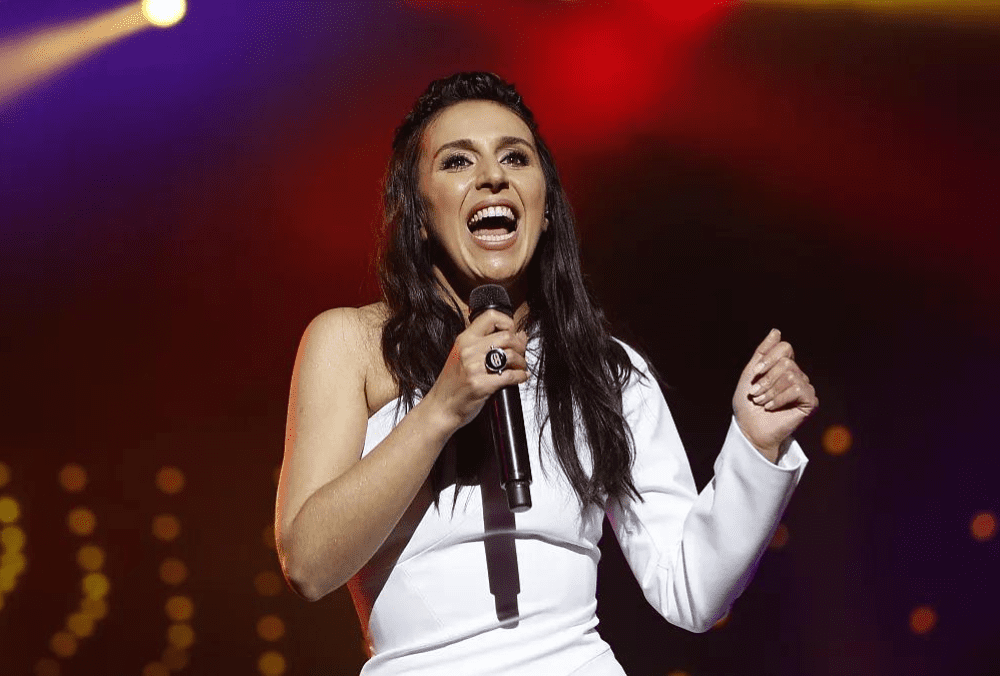Amidst calls for a boycott due to Israel’s participation, 2016 Eurovision winner Jamala asserts that Ukraine’s presence is crucial to maintaining global awareness of the ongoing Russian invasion.
While the 2024 contest faces criticism for allowing Israel to compete despite the conflict in Gaza, Jamala believes a Ukrainian withdrawal would be detrimental. She emphasizes the responsibility of artists to remain “loud and creative” in their efforts to keep the world’s attention focused on the war.
“There are many wars now in the world, and it is not easy to constantly keep attention on yourself,” Jamala acknowledged. “But that is our task… to find new ways to reveal and show our country.”
She urged Ukraine’s 2024 representatives, Alyona Alyona and Jerry Heil, to utilize every interview opportunity to “talk about the fact that the war in Ukraine continues.”
Jamala herself faces the consequence of her vocal opposition to the war, having been placed on Russia’s wanted list for allegedly spreading “false information” about the conflict.
The Russian invasion of Ukraine, launched in February 2022, has caused widespread devastation and tens of thousands of civilian casualties.
Further controversy arose when Eurovision organizers restricted flag displays at the event to participating nations and the Pride flag, effectively banning Palestinian flags and pro-Palestinian symbols. Protests are anticipated in Malmö, Sweden, the host city, as a response to Israel’s inclusion.
Israel’s entry, originally titled “October Rain,” contained references to victims of Hamas attacks and was deemed a violation of the contest’s neutrality rules. Despite initial threats of withdrawal, Israel agreed to modify the song, changing its title to “Hurricane.”
Calls for a boycott have resonated across various countries. Over 1,000 Swedish artists, including renowned names like Robyn and Fever Ray, have demanded Israel’s exclusion. Similar petitions have been signed by over 1,400 Finnish music industry professionals.
The UK’s entrant, Olly Alexander, faced pressure to withdraw due to his past criticisms of Israel’s actions. While acknowledging the boycott movement, he ultimately chose to participate, stating, “I believe in the unifying power of music.”
Alexander’s decision followed an open letter urging Eurovision performers to boycott in protest. However, several artists, including Ireland’s Bambie Thug and Norway’s Gåte, countered with a response emphasizing their belief in music’s unifying potential.
Though visibly affected by the controversy, Alexander remains committed to the event: “Obviously, I wish there weren’t a war or this insane humanitarian crisis… I believe it’s good to come together with music.”
While acknowledging the complexities of the situation, Jamala and other artists underscore the importance of utilizing Eurovision as a platform to advocate for peace and raise awareness of the ongoing conflict in Ukraine.






